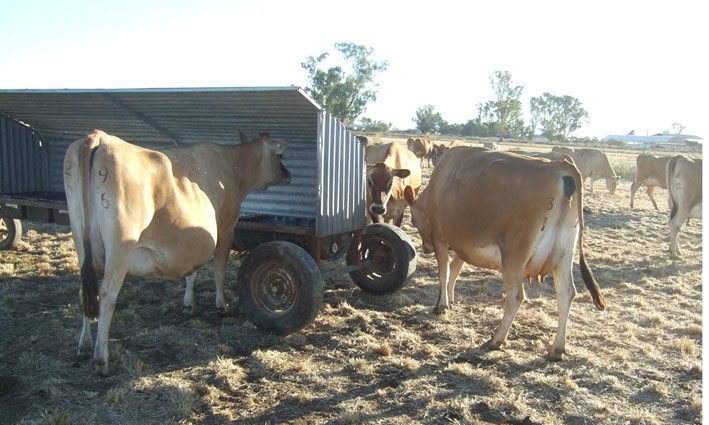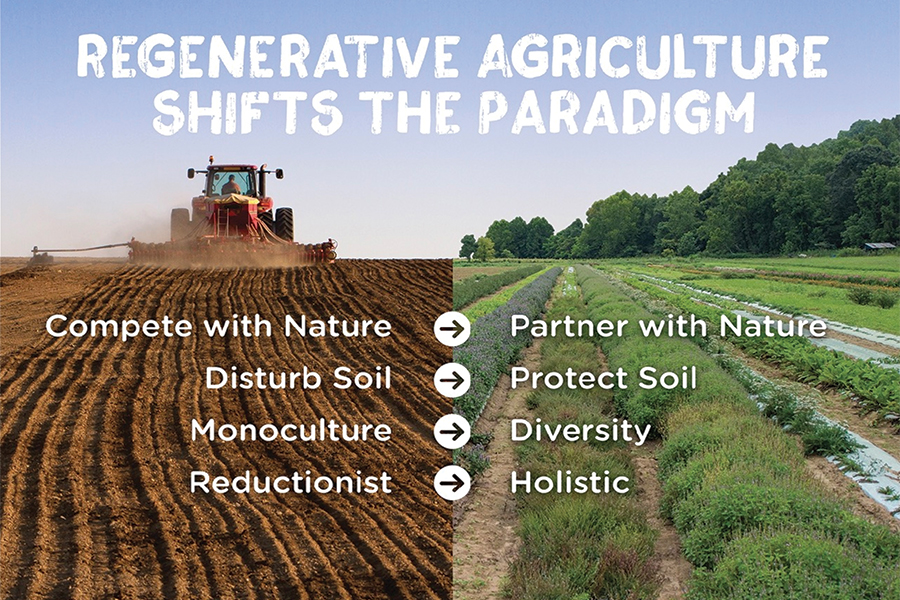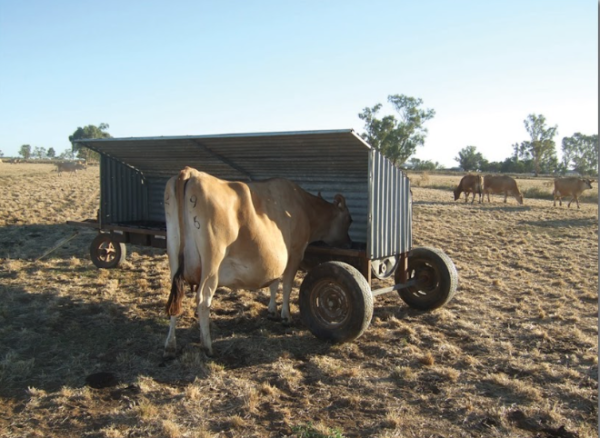The Benefits Of Animal Supplementation

The benefits of animal supplementation.
In our last blog post we wrote about Pat Coleby who believed that many animal health problems are related to mineral deficiencies in the diet, and that supplementing with minerals can help prevent and treat a variety of health issues.
She advocated for a holistic approach to animal health, which included proper nutrition, soil health, and natural remedies. She emphasized the importance of providing animals with a balanced diet that includes all necessary minerals, and suggested using natural mineral supplements rather than synthetic ones.
According to Pat many modern farming practices, including the use of synthetic fertilizers and chemicals, have led to soil imbalances and mineral deficiencies in crops, which can then lead to mineral deficiencies in animals. She believed that by improving soil health and providing natural mineral supplements, animals can be better protected against disease, parasites, and other health issues.
Pat’s approach to animal supplementation has gained popularity among many farmers and animal caretakers who are looking for natural and holistic ways to improve animal health and welfare. Her legacy is in her books written on the subject of animal nutrition and mineral supplementation specifically Sheep, Cattle, Goats, and Pets.

There are plenty of farmers who have discovered the benefits of animal supplementation, following Pat’s advice.
Some of the benefits are:
- Proper functioning of many bodily processes, including enzyme activity, nerve transmission, muscle contraction, and bone growth. Without these essential minerals, animals can experience a range of health problems and may be unable to perform basic bodily functions.
- The food that animals consume may not contain adequate amounts of all the minerals they need. For example, soil depletion and agricultural practices can lead to mineral deficiencies in crops, which can then affect the animals that eat those crops.
- In some cases, animals may require additional minerals to meet the demands of production. For example, lactating dairy cows may require more calcium and phosphorus while horses may require additional zinc and copper to support healthy hooves.
- Animals that are under stress, such as those that are competing, traveling, or recovering from illness or injury, may require additional minerals to support their immune system and overall health.
The benefits of animal supplementation provides mineral supplements can help ensure that animals receive the necessary nutrients to maintain optimal health and productivity.
So what does cause stress in animals?
There are several factors that can cause stress in animals. Here are a few examples:
- Environmental factors: Animals can extremes, changes in lighting, noise, or exposure to new or unfamiliar stimuli.
- Social factors: Animals are social creatures and can become stressed when their social structure is disrupted, such as being separated from their group or experiencing conflict with other animals.
- Nutritional factors: Poor diet, lack of access to food or clean water, or imbalanced nutrient ratios can all cause stress in animals.
- Health factors: Illness or injury can cause stress in animals, as can exposure to parasites, pathogens, or other disease-causing agents.
- Human factors: Human interactions with animals, such as handling, transportation, or confinement, can cause stress in animals, especially if they are not familiar with these experiences or if they are handled inappropriately.
Stress can have negative effects on animal health and well-being, and it is important for animal caretakers to identify and address potential stressors to help maintain animal health and welfare.
So, in summary the overall benefits of mineral supplementation for animals are many.
- Improved growth and development: Adequate free-choice mineral intake is essential for proper growth and development in animals. Supplementing minerals can help ensure that animals receive the necessary nutrients to support healthy bone growth, muscle development, and overall growth.
- Increased production: Certain minerals are essential for production. Providing additional minerals for animals, such as dairy cows, poultry, and swine can support the animal’s ability to produce milk, eggs, and meat.
- Better reproductive performance: Minerals such as zinc, selenium, and copper are important for reproductive performance in animals. Supplementing these minerals can help improve fertility, conception rates, and overall reproductive performance.
- Enhanced immune function: Minerals such as zinc, copper, and selenium are also essential for proper immune function in animals. Providing these minerals can help support a healthy immune system, making animals less susceptible to disease and infection.
- Reduced stress: Mineral supplementation can help reduce stress in animals by supporting proper bodily function and providing a buffer against environmental stressors.
In general, providing adequate mineral supplementation can help maintain animal health and welfare, support growth and development, and improve productivity in production animals.
So for only a few cents a day. isn’t it worth having a close look at free choice supplementation?
Click Here To SLC DVDs
Pat Coleby “A Woman of Genius”;
“Farmers Reveal Easy Ways To Keep Animals Healthy With Self Selected Minerals” Currently listed in SLC as Gerhard Grasser with selected farmers – Stock Supplements (Farmers Reveal Easy Ways)
“Dairy Farmers Reveal Free Choice Stock Supplementation” Currently listed in SLC as Peter & Wendy Wallace – Self-Selected Minerals For Dairy







Responses